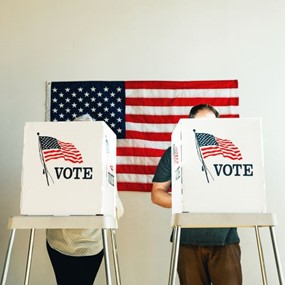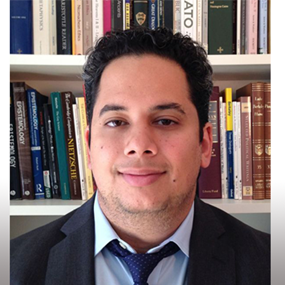The Masked Speaker: COVID + Speech Clarity
A study by speech, language and hearing sciences students Grace Crim and Grace Dohl and biomedical sciences student Maggie Beard examined how face masks affect speech clarity.
Facial masks have been used extensively during the COVID-19 pandemic. While the use of facial masks have controlled the spread of the virus, they can reduce the audibility of speech cues, thereby reducing the speech intelligibility for listeners. Even listeners with normal hearing face difficulty discerning certain types of words when listening to a speaker wearing a facial mask.
Specifically, this study focused on addressing speech intelligibility connected to lexical density. Lexical density is defined as the proportion of content words (nouns, verbs, and adjectives) that provide the dominant meaning to an utterance in a sentence. Normal hearing college listeners listened to sentences recorded previously under two conditions: 1) unmasked (without a facial mask); versus 2) while wearing a facial mask. The average length of each sentence was about 8.5 words and the average number of dense words in each sentence was 5.5.
Listeners wore unaware which of the recorded sentences were masked or unmasked. Each listener listened to these sentences via earphones and completed an online list of responses. The responses were then scored by the investigators for accuracy of dense words reported. The accuracy of dense words reported was significantly lower while listening under the masked condition compared to the unmasked condition.
The study results show listening under a masked condition could significantly affect the neighborhood boundary of lexical items. This is potentially concerning because while all participants in this study had normal hearing, these differences may be further exacerbated in listeners with hearing loss.
Tags: Research Students Speech Language and Hearing Sciences






